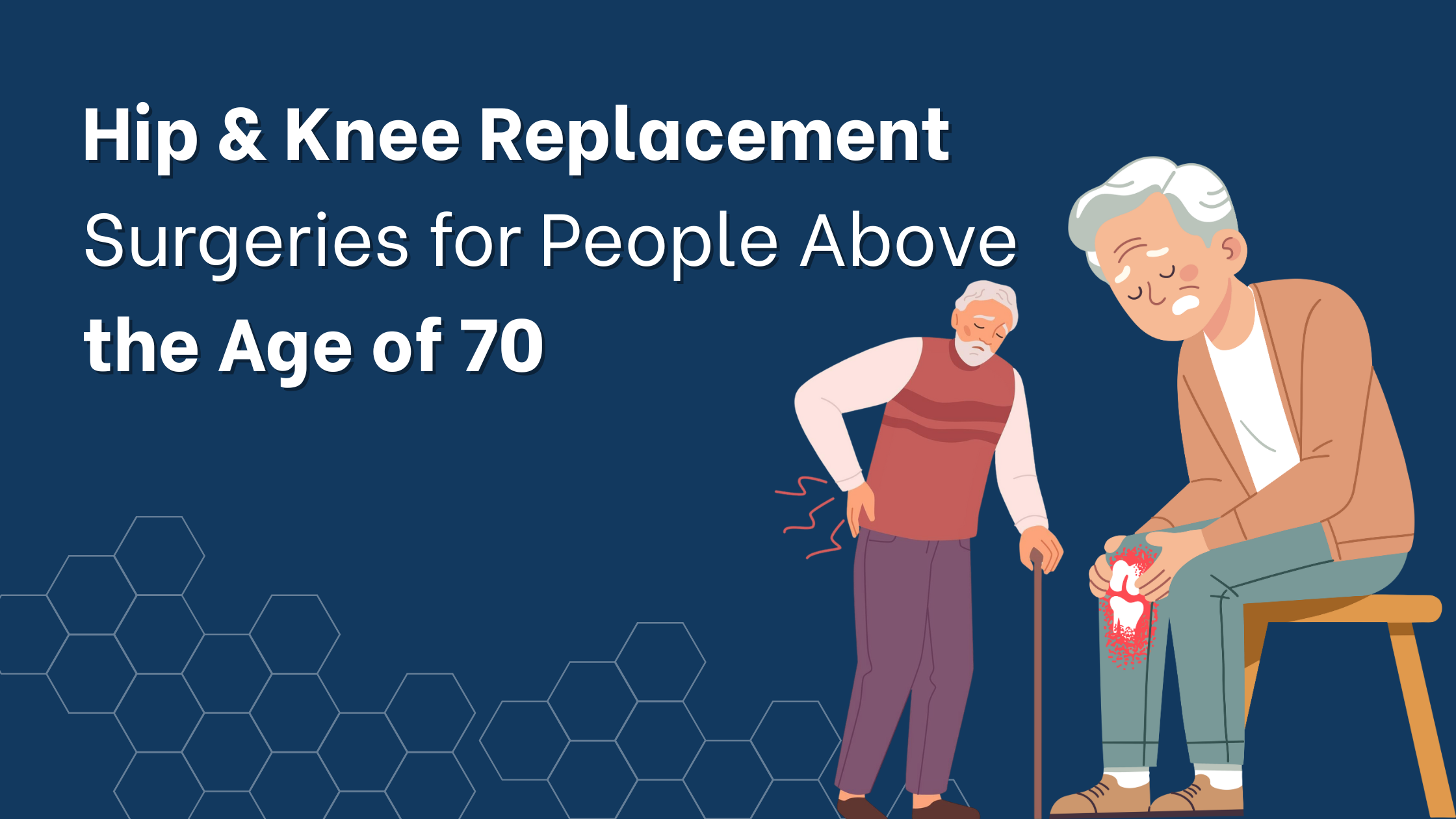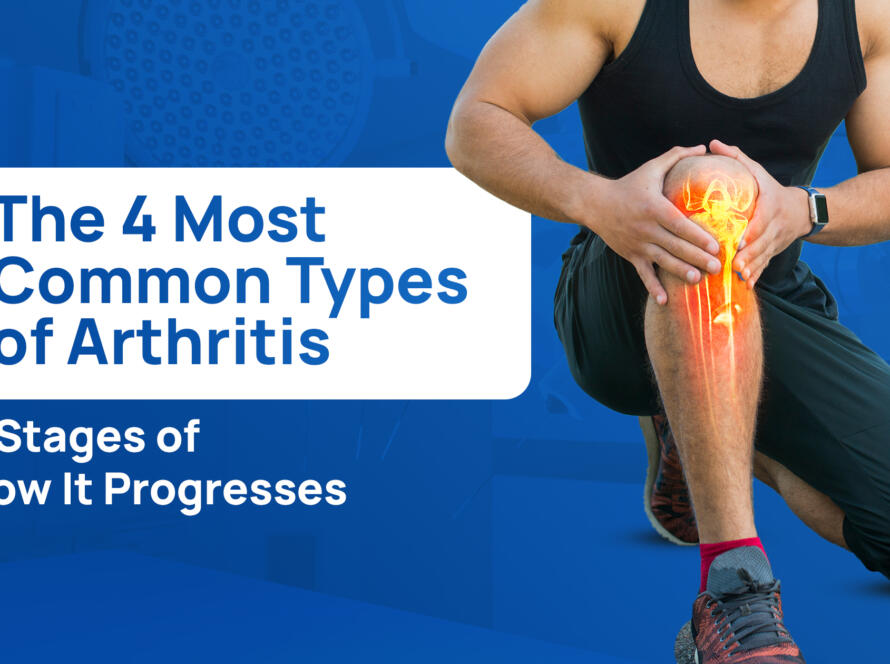
Hip & Knee Replacement Surgeries for People Above the Age of 70

Is it really safe for someone above 70 to undergo a hip or knee replacement surgery?
This is one of the most common questions I am asked by families who bring their elderly parents to my clinic. The concern is natural — after all, surgery at an advanced age may sound intimidating. But the reality is very different. With the progress in modern orthopaedics, age is no longer a barrier to living a pain-free, active life.
Why Joint Replacements After 70 Should Be Considered
When we talk about senior citizens, many believe that “pain and limited movement” is just a part of ageing. I strongly disagree.
- Improved Life Expectancy: With better healthcare and lifestyle, people today are living longer and healthier lives.
- Quality of Life Matters: Even if you are 70 or 75, you deserve to walk independently, climb stairs, and enjoy daily activities without being held back by pain.
- Technology Has Advanced: Today’s implants are long-lasting, and robotic technology ensures precise placement. This makes outcomes safe and predictable, even in senior citizens.
The Common Fears Families Have
Most of the time, the children of senior citizens are hesitant about surgery. They say:
- “What if something goes wrong at this age?”
- “Will my parent be able to recover?”
- “Isn’t surgery too risky at 70?”
These fears are understandable but often based on outdated information. With modern anaesthesia protocols, improved surgical techniques, and advanced rehabilitation programs, surgery for patients above 70 is far safer today than it was even a decade ago.
The Step-by-Step Process We Follow for Senior Citizens
At The Joint Replacement Centre, Nagpur, I ensure that senior patients are given a customised, carefully monitored approach. Here’s how we do it:
- Comprehensive Pre-Operative Evaluation
- Heart, lung, kidney, and overall health check-ups.
- Blood investigations and fitness clearance from a physician.
- Heart, lung, kidney, and overall health check-ups.
- Customized Anesthesia Plans
- Safer techniques like spinal anaesthesia with nerve blocks.
- Tailored pain management protocols to avoid complications.
- Safer techniques like spinal anaesthesia with nerve blocks.
- Minimally Invasive Surgery
- Smaller incisions, less blood loss, and faster wound healing.
- Smaller incisions, less blood loss, and faster wound healing.
- Robotic-Assisted Precision
- Accurate implant alignment for better balance and mobility.
- Accurate implant alignment for better balance and mobility.
- Senior-Friendly Rehabilitation
- Gentle physiotherapy sessions designed for elderly patients.
- Gradual recovery with close monitoring.
- Gentle physiotherapy sessions designed for elderly patients.
Benefits of Joint Replacement in the 70+ Age Group
I have personally treated many patients in their late 70s who now walk independently and enjoy a far better quality of life than before surgery. Here are some of the benefits they experience:
- Relief from constant joint pain.
- Ability to walk without a stick or walker.
- Reduced risk of falls due to unstable joints.
- Improved sleep and mood.
- Freedom to travel, meet people, and live life actively.
A Real-Life Example
One of my patients, a 74-year-old gentleman, came to me with severe knee arthritis. His children were very worried about surgery at his age. After a detailed health evaluation and careful planning, we went ahead with robotic knee replacement. Within two days, he was walking with support, and in just a few weeks, he was independently mobile. Today, he says, “I feel 10 years younger.” Stories like these remind us that age should never hold us back from seeking treatment.
Key Takeaways
If you are in your 40s or 50s reading this, and your parents are struggling with hip or knee pain, remember:
- Age is not a limitation for joint replacement.
- Safety protocols today are highly advanced.
- The goal is independence, mobility, and dignity.
Conclusion
Hip and knee replacement surgeries are not just about repairing joints — they are about restoring life, confidence, and freedom. If your parents are above 70 and are suffering silently, don’t let fear or hesitation hold you back. With modern surgical techniques, robotic technology, and the right care, senior citizens can look forward to walking pain-free and living life to the fullest.
It’s never too late to choose mobility. It’s never too late to choose freedom from pain.



